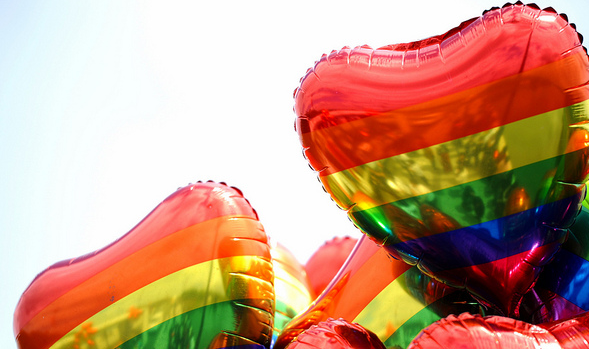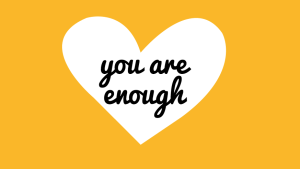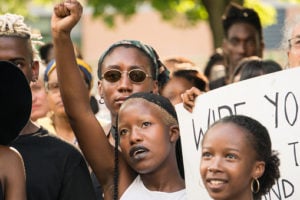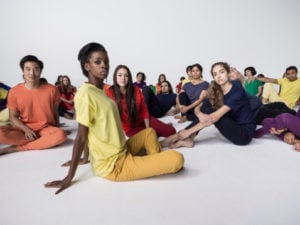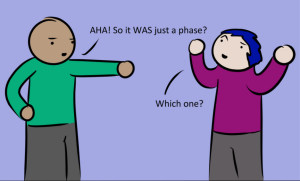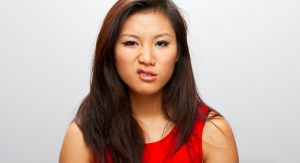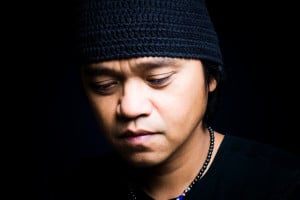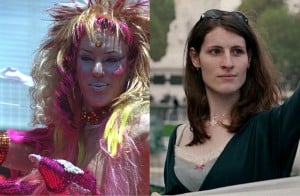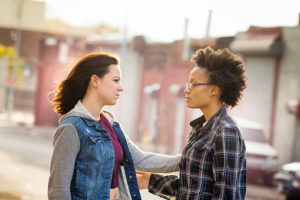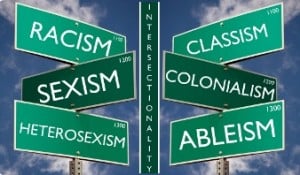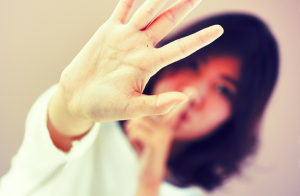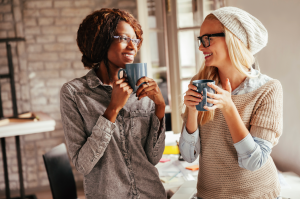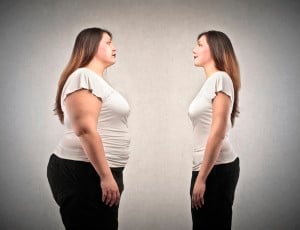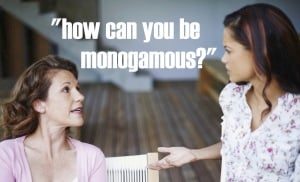“Gender, sex, and sexuality: what’s the difference?”
That’s how my first Women’s Studies class started during my freshman year of college, around four years ago. I sat there, baffled, not knowing where to even begin, and not truly understanding why my professor was even asking this question.
I had enrolled in this class because it sounded better than the random sports class that was my other option. When looking around at all my fellow class members, who, like I, did not know the answer, I noticed that I was one of only two other males in the room of 40 people.
My professor finally answered her own question in a rehearsed way that would prompt us to respond with even more questions— ”Sex is who you do, gender is how you do it, and sexuality is who you’re doing it with” — sparking the next four years of my feminist education.
Lately, I keep finding myself revisiting this moment and realizing how feminism has made me a better person and, ultimately, a better gay man.
Beyond all the affirming peace circles, talks about sex, and pages upon pages of dense theory, I learned the power of being around women and what women can teach all of us.
Many gay men spend their whole lives trying to figure out their relationships with women. Many will date women, and some will have sex with them, but many will only love them.
When talking to people about the moment that I knew I was gay, I talk about how there wasn’t a specific moment. I had always known I was attracted to men, but what I struggled with was whether or not I liked women.
Feminism is about liking women – more importantly, it’s about seeing women as equal. However, feminism showed me that it takes more than liking someone to see them as equal.
You have to fight next to them to make them equal.
As a gay man, you are a man, and men have much power and privilege in the world (i.e., patriarchy), but being gay complicates that identity, making you seem less-than in many people’s eyes.
Many bigots see you as being like a woman or wanting to be a woman, which gay men will internalize and see as negative.
Feminism looks at that thought and says, “What’s wrong with being a woman?” and pats you on the back, and even may give you a pair of heels to strut in.
This part of feminism was and is to this day empowering. I needed to hear that message at 18, and I still need to hear it now.
Sitting in classes where I was a gender minority was at first jarring. Between all the sports teams, gym rooms, and jobs I’d had in the past, I had never been around large groups of women before.
I immediately became hyperaware of any comments that were degrading toward women, which led me to see the comments I myself had made in regard to how certain gay men performed their “gayness” (for example, the “flamers,” whom many in the community attack for being “too gay”) as particularly problematic and only further dividing us rather than uniting us.
Feminism showed me that critiquing or making jokes about gay men for certain feminine qualities was essentially critiquing women. It was a form of sexism that hurt more people than it made laugh.
As I went through school and learned more about feminism(s), I started having a hard time connecting with old friends and even family.
Feminism made me hypersensitive to everything. It made me see the world as not perfect, with lots of jagged edges. I had connections to things that were not supportive of me as a person.
I stopped enjoying reality shows, because they edited certain people to fulfill certain stereotypes. I stopped buying clothes without considering who made them and how the makers were exploited for this to get into my hands.
I stopped doing a lot, but I simultaneously started asking a lot of questions that led me to be more aware and more politically engaged in the fight for equal rights, gay or straight.
Feminists are stereotyped as “fun killers” in some ways, or as lesbians — both of which I am not. This “f-word” has become more revered and more hated than the original “f-word,” which I find hilarious, because all feminism wants is for you and me to be equal.
However, for you and me to be equal, we would have to give up some things we may like too much, and probably give it to someone we don’t like at all. I know that may not sound fun, but try it.
Even begin to think about how your wants may intrude on other needs. Or the next time you are protesting for legal action, step back and consider, “Will this further the fight for all?” Thinking outside ourselves and beginning to consider ourselves as feminists is gay, and it’s how we become better.
Famous feminist Gloria Steinem once said, “Feminism has never been about getting a job for one woman. It’s about making life more fair for women everywhere. It’s not about a piece of the existing pie; there are too many of us for that. It’s about baking a new pie.”
I know it’s almost bikini season, and pie is out of many diets, but make that pie. If you can’t eat it, someone else can, and you can enjoy the smell and the company.
Zach Stafford is a Tennessee writer living in Chicago. He can be found writing for various media outlets, both on-and-offline. While not writing he works in research and HIV Prevention. Feel free to tweet him at @ZachStafford.
Originally published on The Good Men Project and cross-posted here with their permission.
Search our 3000+ articles!
Read our articles about:
Our online racial justice training
Used by hundreds of universities, non-profits, and businesses.
Click to learn more


